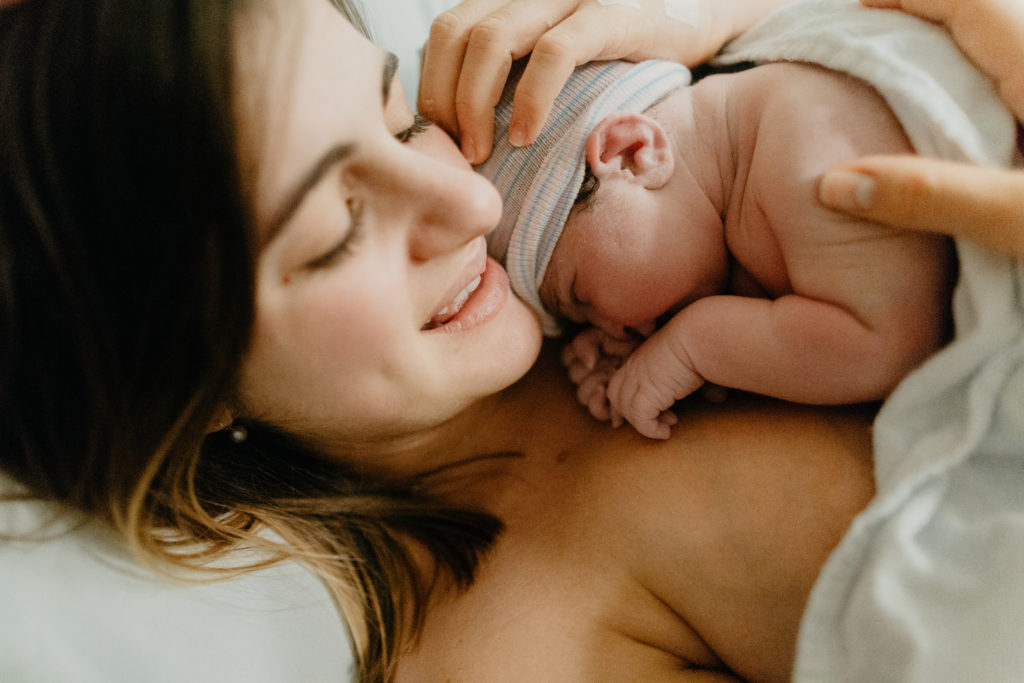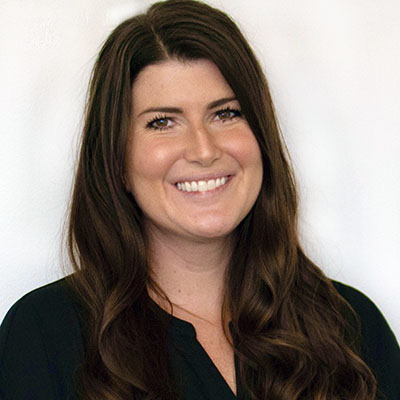Maternity care for the modern era: Our investment in Oula
The headlines are everywhere:
- “American Mothers Are Dying Because of the U.S. Health Care System”
- “Childbirth Costs Out-of-Pocket Rise at a Staggering Rate, Even with Insurance”
- “Sky-high C-section Rates in the US Don’t Translate to Better Birth Outcomes”
There are nearly 3.8M live births per year in the US, making childbirth the number one cause of hospitalization. The sad reality of that fact: women who give birth in hospitals often experience unnecessary medical interventions, like C-sections, that don’t actually correlate to better health outcomes for the mother or child. And despite the US’ enormous spend of $111B per year on behalf of maternal and newborn care, the US continues to experience the worst maternal health outcomes among developed countries—and is the only developed nation with a rising rate of maternal mortality.
At Rock Health, we’ve had our eye on potential (overdue) solutions to this problem—and Oula is building exactly that. Offering women support from conception through postpartum, Oula brings together the best of obstetrics and midwifery, modern maternity clinics, and an integrated care management technology platform. Oula is opening their prenatal clinic in Brooklyn, NY in early 2021 and a dedicated birth center soon thereafter, allowing them to span both the hospital and ambulatory delivery settings.
We’re honored to announce our investment in Oula, a company that is reimagining how women experience pregnancy and delivery. Rock Health is proud to join Collaborative Fund, 8VC, Kapor Capital, Female Founders Fund, Great Oaks, Metrodora, and prominent angel investors including Tom Lee, Founder of One Medical, Katherine Ryder, CEO and Founder of Maven, Jonathan Bush, Founder of athenahealth, and John Loser, former Chief Risk Officer of Oscar, in Oula’s $3.2M seed round.

Birth centers offer an alternative to typically expensive and intervention-heavy hospital care and emphasize individualization and continuous care for expecting mothers. Plus, the cost of a birth center delivery is as little as half that of an uncomplicated hospital birth. A recent study by CMS and CMMI also supports the birth center model. The study examined three innovative models around the country aimed at reducing costs and improving quality of care; and out of the three models, women who received prenatal care in birth centers had the best birth outcomes and lowest costs relative to other Medicaid beneficiaries not enrolled in the program. In particular, rates of preterm birth, low birthweight and C-section were lower among birth center participants, and costs were more than $2,000 lower per mother-infant pair during birth and the following year.
To scale its care model beyond in-person care, Oula’s tech platform guides patients through evidence-based decision-making and empowers them to personalize their own plan. The care team uses the platform to coordinate care, proactively identify potential complications, and manage all communications with their patients. Patients are also provided with at-home devices, such as a blood pressure cuff, allowing their vital signs to be remotely monitored by their care team in between interactions.
Oula’s model is a win for the entire ecosystem. Expectant mothers will gain access to a coordinated, supportive maternity experience covering in-person and virtual care. Health insurers will benefit from substantially lower overall costs compared to traditional, obstetrics-only, hospital deliveries, due to lower facility fees and decreased unnecessary medical intervention. Health systems who partner with Oula have the opportunity to differentiate their brand while continuing to provide care for high-risk and complicated pregnancies referred to them by Oula. And obstetricians and other specialists can practice at the top of their license, with closer relationships to their patients and less burn out.
The opportunity is huge, and we’re excited to support co-founders Adrianne Nickerson and Elaine Purcell as they tackle this problem. Want to learn more about Oula’s vision for modern maternity care? Reach out to the Oula team!

